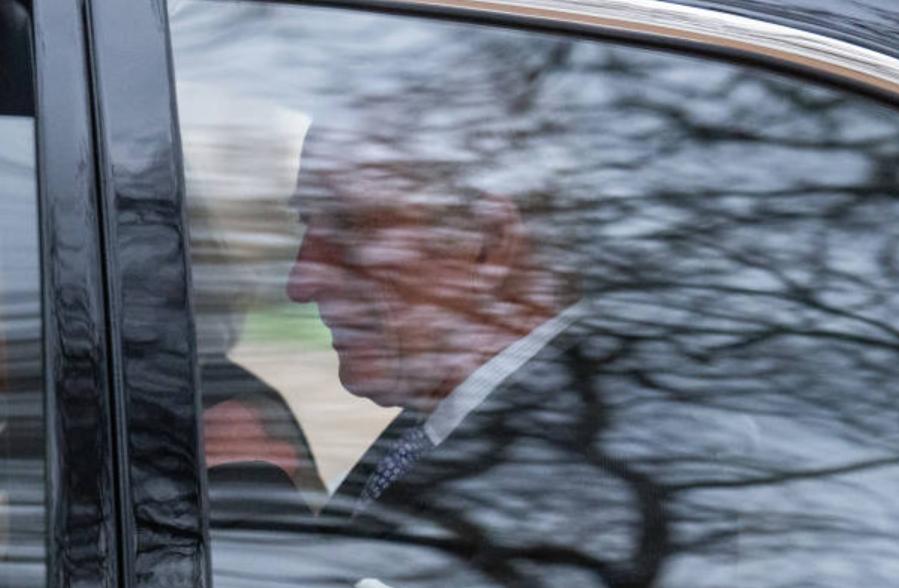King Charles III’s cancer battle compounds the challenges faced by the British monarchy in a crucial transitional phase post-Queen Elizabeth II.
As the monarchy evolves in the wake of Elizabeth’s 70-year rule, Charles, who ascended to the throne 17 months ago, faces the daunting task of reaffirming the institution’s relevance in a rapidly changing society.
Buckingham Palace’s announcement of Charles’ cancer diagnosis underscores the monarch’s determination to fulfill his state duties while undergoing treatment.
Nevertheless, Charles’ decision to withdraw from public engagements due to his health struggles intensifies the enduring burdens confronting the House of Windsor. This retreat from public visibility not only amplifies the existing challenges but also underscores the monarchy’s vulnerability during this tumultuous period.
For Charles, assuming the throne later in life than his predecessors means compressing decades of royal service into a relatively short reign. Despite the largely ceremonial nature of his role, the demands of royal engagements can be physically and emotionally taxing, particularly at 75 years old.
Charles Faces Questions on Colonial Past

Moreover, Charles grapples with a shrinking workforce within the royal family, as he and his daughter-in-law, the Princess of Wales, confront health challenges. With fewer working royals available to maintain public engagements, the monarchy faces logistical hurdles in upholding its commitments to numerous charitable organizations and institutions across the nation.
Amidst these internal challenges, Charles also navigates strained familial relationships, notably with his son Harry, whose departure from royal duties and relocation to California have added complexity to the family dynamics. However, Harry’s recent visit to the UK in light of his father’s illness raises hopes for potential reconciliation.
As Charles strives to demonstrate the monarchy’s continued relevance in a diverse and evolving Britain, he faces scrutiny over its historical legacy, particularly concerning the British Empire’s colonial past and its implications for present-day racial justice.
Addressing these complex issues remains an ongoing endeavor for the king, underscored by his efforts to confront the monarchy’s historical connections to slavery and colonialism.
In navigating these multifaceted challenges, Charles must balance tradition with adaptation, seeking to uphold the monarchy’s enduring significance while responding to the demands of a rapidly changing world.

